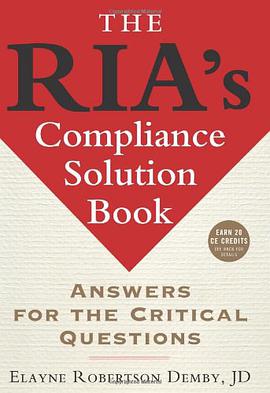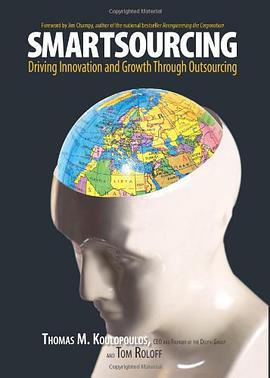

Personnel economics, the use of economics for studying human resource issues, is becoming a standard course in business and economics departments around the world. Indeed, after being successfully introduced in North American business schools, the teaching of personnel economics is now growing in Europe and in the rest of the world. Yet, most of the traditional analysis of personnel economics assumes a perfectly competitive labour market, a situation in which wages are fully flexible and dismissals can take place at no cost. Such a setting is inappropriate for most European markets, where wage rigidity and wage compression are widespread phenomena, and where employment protection legislation is very stringent. Personnel Economics in Imperfect Labour Markets aims to describe key personnel issues when firms and human resource managers act in highly regulated labour markets. Written to be accessible to students, the book provides original answers to questions which have previously been left to specialized academic journals. Should hiring take place under temporary or permanent contracts? How can we provide compensation related incentives when minimum wages are binding? How de we solve the employment/hours trade-off? These questions and more are discussed within the text.
具体描述
读后感
评分
评分
评分
评分
用户评价
相关图书
本站所有内容均为互联网搜索引擎提供的公开搜索信息,本站不存储任何数据与内容,任何内容与数据均与本站无关,如有需要请联系相关搜索引擎包括但不限于百度,google,bing,sogou 等
© 2025 book.wenda123.org All Rights Reserved. 图书目录大全 版权所有




















